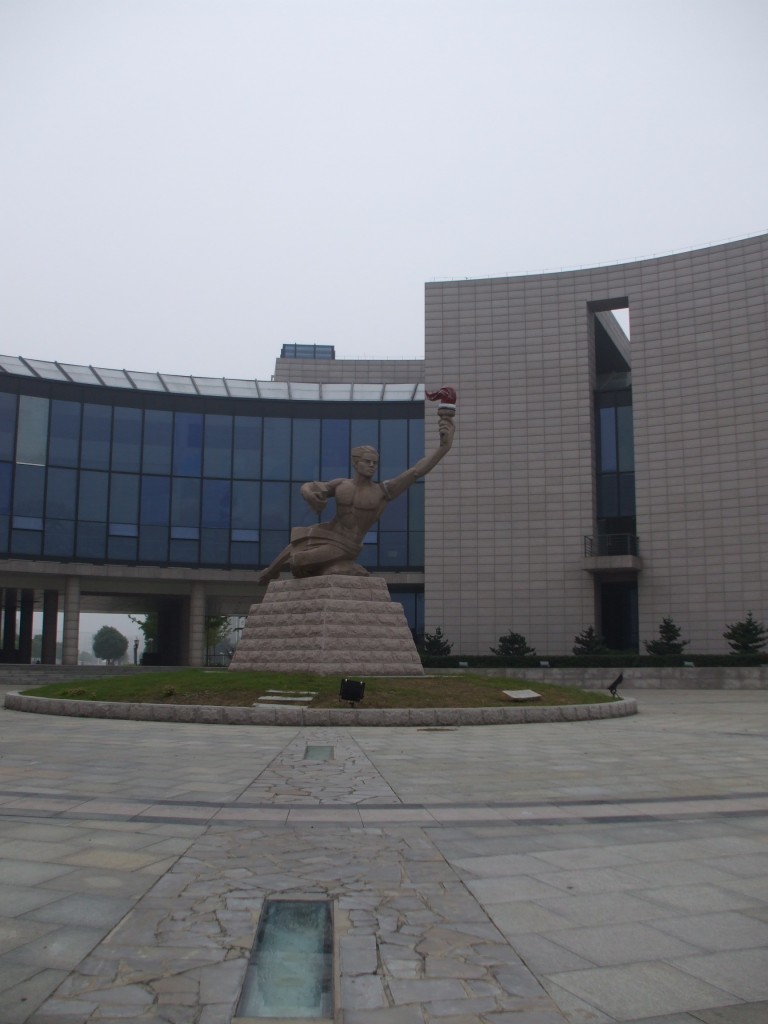China, one of the largest and most populated countries on Earth, is emerging as an economic superpower. More and more frequently, emerging economies are choosing to peg their currency to the Yuan, rather than the US dollar. Their success is built on a strong research and development sector. Having just come under new leadership, China is entering an exciting decade.
On a recent trip to Xuzhou city, Jiangsu province, I was able to look around the University of Mining and Technology . The campus is huge and a large proportion of it is dedicated to geoscience. The newly renovated laboratories were filled with every kind of analytical facility, but strangely devoid of geoscientists… the University has been expanded to accommodate future growth. China is preparing to become an academic and economic powerhouse – racing out ahead of the pack in scientific research.
While the rest of the world is allowing science funding to stagnate, China increased funding by 50% between 2010 and 2011, identifying Earth Science as a key target area. China has always invested heavily in geoscience for two reasons; they have a thriving extraction industry and they are threatened by a number of geological hazards. There are regular deadly earthquakes, landslides and water resource issues.
As well as securing it’s academic future through investment in research, China is acquiring resources world wide, most notably in Africa, to fuel the rapid growth in buildings and infrastructure. Many of the outcrops we attempted to visit during our field campaign had been covered up with new towns since the previous field season! China’s interest in Africa’s natural assets may have a knock-on effect, bringing infrastructure and resources into parts of Africa.
The recent leadership shake-up in will have a big impact on the direction of China’s growth and development over the following decade. Xi Jinping, who did a degree in chemical engineering, was recently announced as leader of the ruling party. He will now lead a country of 1.3 billion people alongside the six other men on the party’s standing committee. It is unlikely that Xi Jinping will make any changes to his predecessors policies until he has spent some time in power.
Mr Xi will face some serious challenges during his leadership: moving away from reliance on coal power, managing natural hazards, and narrowing the gap between the rich and the poor. Although urban China is now surfing alongside the EU and the US, parts of rural China have been drowned by the wave of recent development. Many people in China have not seen the benefits of China’s growth and are still living in poverty.

High-rise modern buildings make up the famous Shanghai skyline. The streets in Shanghai are lined with designer outlets and expensive restaurants
We urge Xi Jinping to use his powerful position to take action on climate change, to drive development throughout China and to continue heavily funding geoscience and hazards research.



Aaron
Interesting that they have maintained “Mining” as part of the University name. Almost every US university has dropped the word mining from their Geology departments. Mining just isn’t as glamorous in the US as it once was.